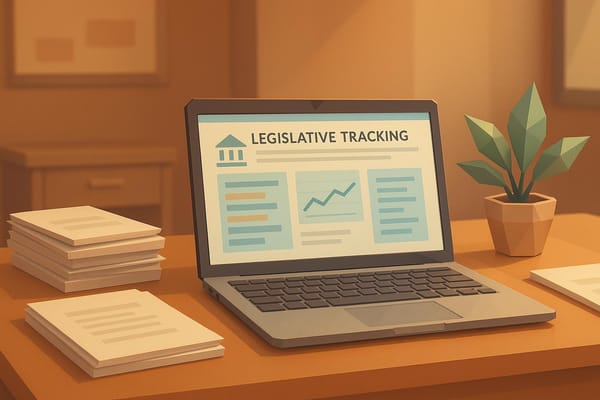Streamlining Government Applications

In an era where efficiency is paramount, the recently introduced SB29 bill aims to significantly improve the processing time for state and local government applications for licenses, permits, and certifications. As businesses and individuals increasingly rely on timely approvals to operate effectively, the need for clearer timelines in government processes has become more crucial than ever. This bill not only mandates action from government entities but also introduces a significant provision that will make delays less frequent.
This post will delve into the main aspects of SB29, including its stipulations for approval timelines, the implications of deemed approvals, and the potential impact on various stakeholders, including businesses and government agencies.
Overview of SB29
SB29 is designed to set specific deadlines by which local and state governments must respond to applications for licenses and permits. The essence of the bill lies in its requirement and structured approach to handling applications efficiently. The bill states that if no law already specifies a timeframe for action, the governmental bodies must approve or deny applications within 45 days. Failing to act at all results in the application being automatically approved, provided the applicant has not waived this requirement.
Defining Government Applications
The bill provides clear definitions related to licenses, permits, and the responsibilities of governmental bodies. A "license" includes any type of authorization issued by the government necessary to operate a business or undertake specific activities. In this context, a "state governmental body" is defined as any agency or department responsible for processing these applications.
15-Day Response Requirement
Upon receiving an application for a license, the state governmental body is required to notify the applicant of any deficiencies within 15 calendar days. This swift communication ensures that applicants are promptly informed about issues that may hinder their application, allowing them to address these shortcomings quickly.
Status of Applications After 45 Days
Perhaps the most significant aspect of SB29 is the clause that establishes deemed approval. If a government body fails to act on an application within the stipulated 45 days, the application is deemed approved, compelling the government to issue the permit or license automatically. This condition safeguards applicants from bureaucratic delays and incentivizes government bodies to act promptly.
Local Government Implications
Similar to state bodies, local government entities are bound by SB29's regulations. They must similarly confirm the completeness of applications and respond within the same 15-day period. Moreover, local governments face the same consequences if they fail to act within 45 days. This uniform approach across levels of government aims for consistency and accountability within the public sector.
Effective Date and Future Considerations
The SB29 act is set to become effective as of October 1, 2025. As awareness of this legislative move spreads, businesses and individuals will have the opportunity to prepare for its provisions. Training for governmental staff and awareness campaigns will help ensure smooth implementation.
Impact on Stakeholders
SB29 stands to create a ripple effect among various stakeholders, including businesses that rely on timely approvals to commence operations. It holds local and state agencies accountable and forces a reassessment of their current operational practices, potentially reducing backlogs in application processes.
Conclusion: A Path Towards Efficiency
In conclusion, SB29 represents a significant step forward in optimizing government processes concerning licenses and permits. With its explicit deadlines, the bill promises to facilitate smoother interactions between applicants and government authorities. As we move closer to the effective date, the anticipation builds around the potential improvements in operational efficiency and transparency within the public sector.
Overall, SB29 embodies the legislative spirit of progress, ensuring that bureaucratic red tape does not hinder the ability of individuals and businesses to thrive. The implications of this bill are both practical and far-reaching, suggesting a promising future for governmental responsiveness in Alabama.




